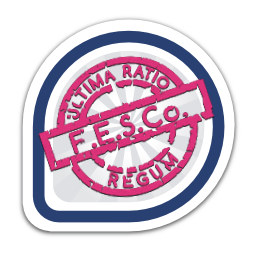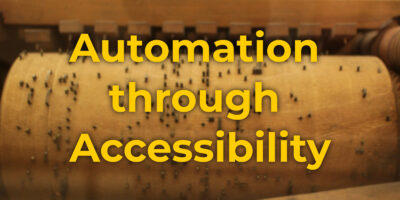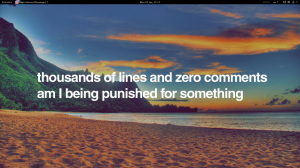This is a part of FESCo Elections interviews series.
Voting is open to all Fedora contributors. The elections started on January 26th and closes promptly at 23:59 UTC on February 3rd.
Please read the responses from candidates and make your choices carefully.
Feel free to ask questions of the candidates here or elsewhere!
Interview with Tomas Hozza (thozza)
What is your background in Fedora? What have you worked on and what are you doing now?
Proud daily user of Fedora!
Fedora contributor and package maintainer since 2012. Working mainly on network related daemons and clients. Most notably BIND, ISC DHCP (in the past), wget, dnsmasq… Currently focused on DNSSEC and DNS related things.
Do you think Fedora should be time based or more feature driven distribution? Or compromise?
I think it should be a compromise. Since Fedora is a cutting edge distribution it should have some latest features in each new release. On the other hand there has to be some schedule for the release, because without it it would be just chaos. I think the compromise should be outcome of the plans for the next release and fedora community discussions.
What are the most pressing issues facing Fedora today (from engineering POV)? What should we do about them?
Automated tests coverage for Fedora updates and rawhide especially. Detecting issues causing breakage of compose building early enough before release freezes. Way how to efficiently mass-rebuild packages for some System-Wide Changes.
Care to share a screenshot of your Fedora desktop?
Sure… Not much to see though;-).
What are your interests and experience outside of Fedora? What of those things will help you in this role?
Working with different upstream communities. It helps to accept other people opinions if they are better. Also helping to understand how to work with people to towards some compromise/agreement.
Other than that I like to play with Arduino hardware. Since I’m using Fedora for that I helps to see the missing pieces in the distro to be even more attractive for Arduino developers.
How can FESCo do a better job communicating with the rest of the Fedora community, or do you feel that FESCo is already doing well here?
I think that the community may feel like FESCo is not communicating that well. However I think that every time some information is missing or some important thing is discussed, it is forwarded to devel list (or some other more appropriate list) for discussion before any decision is made.
FESCo doesn’t want to make non-informed decisions and want the community to be well informed. In the end FESCo is representing the community in the decision making process.
There is one thing that could be done better. I think the FESCo meetings could be advertised in a way, that community members should definitely attend them and express their reasons/motivation/point of view when needed. Though, it is already being done in some way.
What can you accomplish as part of FESCo that you couldn’t accomplish as a contributor to Fedora without sitting on FESCo?
Contribute to the decision making process. Otherwise I think any contributor has the same possibilities as a FESCo member has, like attend FESCo meetings, contribute to the discussion, make FESCo aware of things it should be and was not, etc.
What degree of leeway do you feel that the Working Groups should have to diverge from one another in establishing their own identity?
To the point of not affecting another WG/Product in a negative way. I think it is important to expect and grant some freedom to WGs, since each one of them is trying to fulfill different users expectations.
How would you define the set of criteria for promoting a spin to a product? What about the reverse?
The ability to drive all the changes specific to the spin in time to comply with the release schedule should be one of the criteria. Also the ability to prove that the target audience is large enough (may be hard to define) for the spin to be a full product. Also the community behind such initiative should be large enough, so it can continue also if some individual contributor decides to stop working on it.
With the advent of Fedora Council now, what do you see as the significance of FESCO in Fedora project?
I think FESCo’s role is to discuss and make decisions on day-to-day engineering questions and issues.
How “closely” do you, as a member of FESCO, follow the devel mailing list before voting on FESCO meetings? In other words, apart from your own technical qualifications, what is your typical process in arriving at decisions?
I’m going through the devel list daily and I’m trying to follow the discussion as much as possible. I think that the member’s technical background is not enough to make decisions.
My typical work-flow is to go through the planned FESCo tickets discussion (in the ticket itself) before the meeting, while keeping track of the discussion every day (in the ticket and on the devel
list). However with some controversial changes/issues it is sometimes hard to follow the discussion due to giant load of emails.
I think that the involved parties should be invited to the FESCo meeting, when discussing something they are interested in, to clarify things if needed.
Anything else voters should know?
I’m not aware of any, but don’t be afraid to ask;-).







